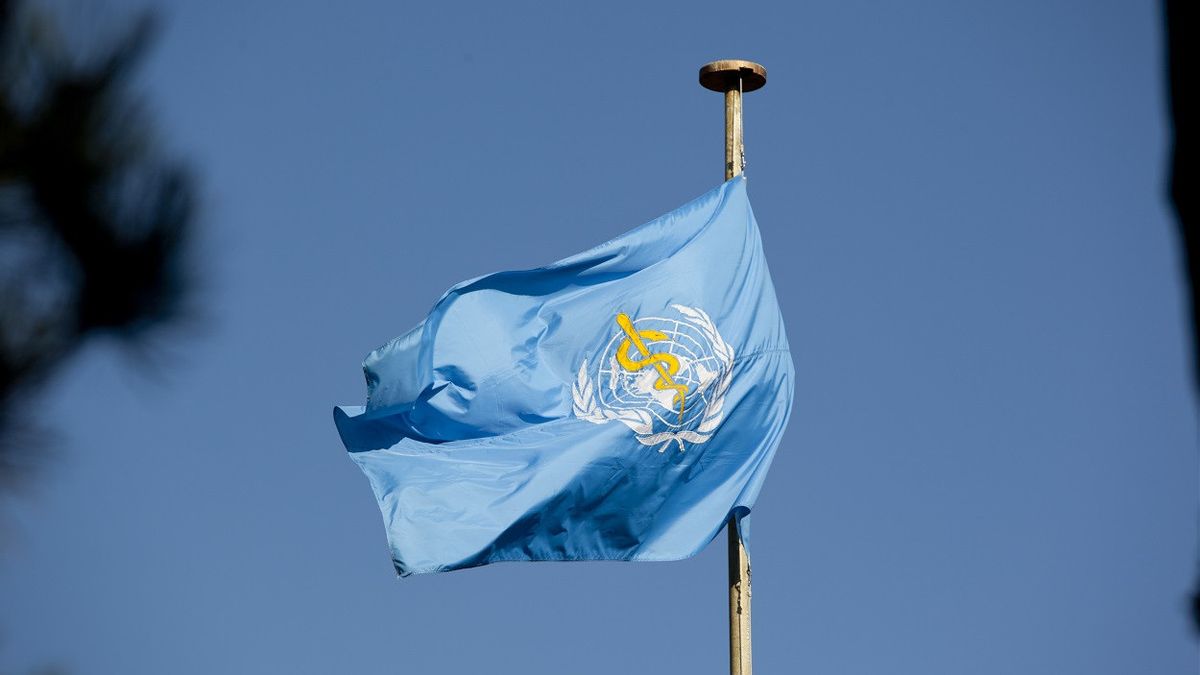JAKARTA - The World Health Organization (WHO) said it was monitoring a variant of the new coronavirus known as Mu, which was first identified in Colombia in January.
Mu, scientifically known as B.1,621, has been classified as a 'variant of concern,' the global health agency said Tuesday in its weekly pandemic bulletin.
The WHO said the variant had mutations that indicated a risk of resistance to the vaccine, stressing more research was needed to better understand it.
"The Mu variant has a constellation of mutations that exhibit potential immune evasion traits," the WHO bulletin said, citing CNA Sept. 1.
There is widespread concern over the emergence of new viral mutations, as rates of re-infection are rising globally, with the Delta variant being highly contagious, especially among the unvaccinated and in regions where anti-viral measures have been relaxed.
All viruses, including SARS-CoV-2 that causes COVID-19, mutate over time and most mutations have little or no effect on the nature of the virus.
However, certain mutations can affect the nature of a virus and affect how easily it spreads, the severity of the disease it causes, its resistance to vaccines, drugs and other preventive measures.
For information, WHO currently identifies four variants of COVID-19 of concern, including Alpha, which is present in 193 countries and the Delta variant, which is present in 170 countries. Five variants, including Mu, should be monitored.
Meanwhile, after being detected in Colombia, Mu has been reported in other South American countries and in Europe.
The WHO says its global prevalence has fallen to below 0.1 percent among successive cases. Although in Colombia cases of this variant reached 39 percent.
The English, Chinese, Japanese, Arabic, and French versions are automatically generated by the AI. So there may still be inaccuracies in translating, please always see Indonesian as our main language. (system supported by DigitalSiber.id)







